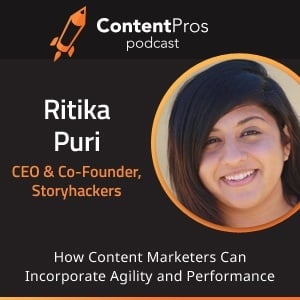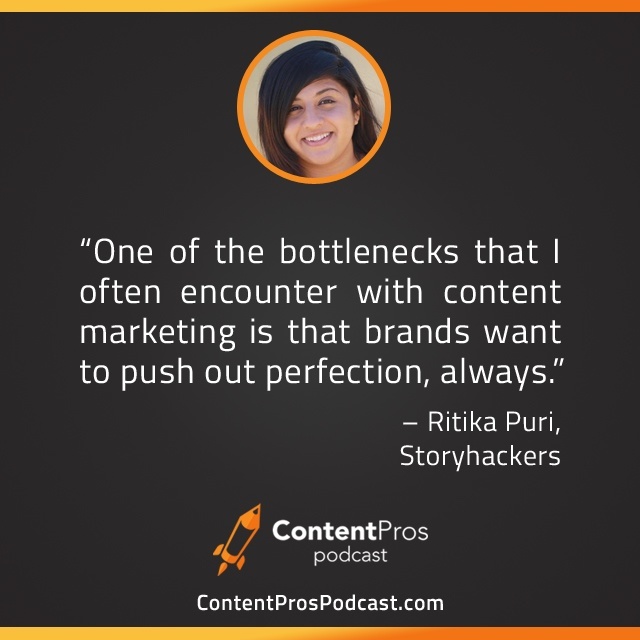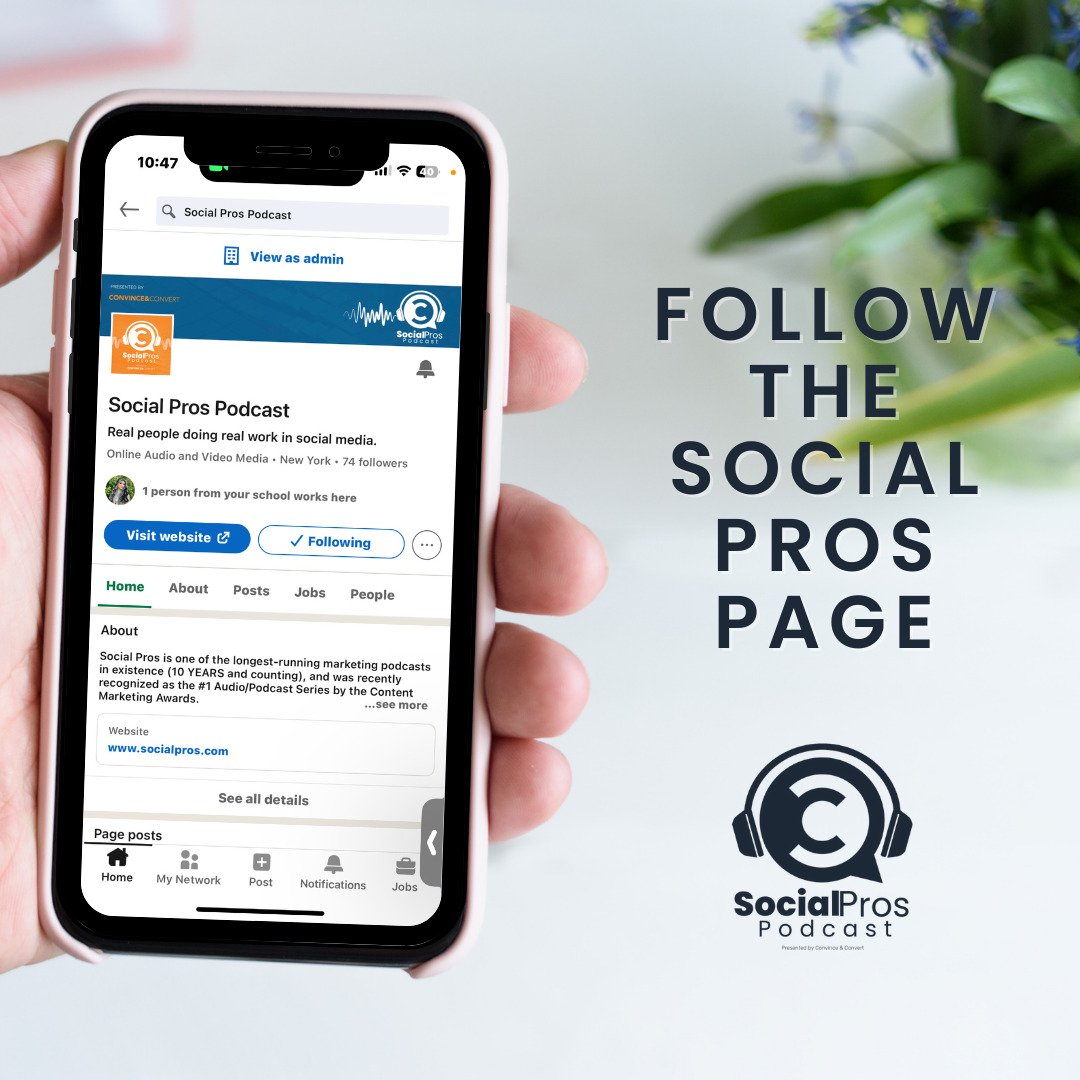Hosted By
About The Content Experience Show:
Welcome to The Content Experience Show where content experience is the new content marketing. It’s not only about reaching our audiences where they are, but engaging them with a personalized experience of meaningful, useful content that they’ll take with them over time. The guests on the Content Experience Show share strategies, tips, and real-world examples of how they’re taking their content marketing to the next level and providing their current and prospective customers with a true content experience. This isn’t just a trend. It’s a movement.
Apple Podcast Reviews:
It doesn't get any better for content marketers. They present a balanced, insightful discussion of current trends and ask all the right questions. Their guest list is a "Who's Who" of content professionals. Outstanding.
Jared Johnson PianoI love listening to marketing podcasts and this one is on my must-listen to list. Very knowledgable hosts and topical discussions.
The Marketing Book Podcast
Ritika Puri, CEO & Co-Founder of Storyhackers, joins the Content Pros Podcast this week to discuss how the Lean Startup methodology applies to content marketing.
 From Craigslist Posts to Forbes
From Craigslist Posts to Forbes
Ritika Puri helps content marketers tell better stories. She is the CEO and Co-Founder of Storyhackers, where they help build out content strategy and programs for clients ranging from Fortune 500 companies to growth-stage startups. She is also the Resident Storyteller for the Lean Startup Conference.
Ritika started as a freelance writer on Craigslist at $8 per blog post, looking for a side gig to supplement some of the work she was doing in digital marketing a few years ago. She started working with Forbes and other early players in the content marketing industry, which quickly grew her business into the full-time agency it is today. She intentionally keeps the business small because she wants to continue to focus on individualized attention on each client.
Ritika’s success is thanks, in large part, to her view of content as micro-products treated with the Lean Startup methodology. She brings agility into content marketing by applying three of Lean Startup’s principles to content marketing:
- Bring initiatives to market faster
- Establish learning milestones
- Minimize risk by collecting feedback early and at multiple touch points
In This Episode
- How to measure content success at all levels of the funnel
- Why Storyhackers has adopted content marketing throughout the organization
- The value of structured, specific feedback in the content creation process
- How to distribute content on macro and micro-levels
- Why each touch point of a new piece of content needs to add value to the process
- How to apply the Lean Startup methodology to content marketing
Quotes From This Episode
“Distribution is such a pain point in content marketing, because everybody is creating content, and it’s getting progressively harder for companies to stand out.” —@ritika_puri
“When your company is introducing itself to somebody new, it’s like you’re walking to somebody at a coffee shop or a bar. You’re saying, ‘Hello,’ you’re starting a conversation. You’re not going to get into an in-depth discussion about your products.” —@ritika_puri
“Every time you create a piece of content, there’s inspiration for more content.” —@ritika_puri
“We tend to let perfect get in the way of good, and we don’t ship content.” —@cnmoody
“You can think of content as very similar to product development. As a marketer, you’re creating a mini-product. It’s a mini-education product, and you want to make sure that it’s not only reaching the needs of your market as an educator, but that the folks who can use it can get the most value out of it.” —@ritika_puri
“It comes back to content—connecting your audience with material that’s not only interesting, but relevant to their business goals.” —@ritika_puri
Resources
- Ritika’s Twitter
- Ritika’s content
- Storyhackers, where Ritika is CEO
- Lean Startup Conference
- The Lean Startup methodology
- Google’s platform to study customer micro-moments
- Clarity, matchmaker between advice-seekers and subject matter experts
What did you want to be when you grew up?
As an 11-year-old, Ritika had her first poem published in an anthology. “From that moment forward, I wanted to be a writer. I did everything in my power to escape that trajectory.” She studied statistics, she worked as a martial arts instructor and in the legal industry, and her first job out of college was for a consulting firm.
“But ultimately I kept coming back to writing, because it’s a way to teach, to connect with others, to build relationships. So I guess I’m one of those rare cases where I fulfilled my childhood dream by accident.”

 From Craigslist Posts to Forbes
From Craigslist Posts to Forbes